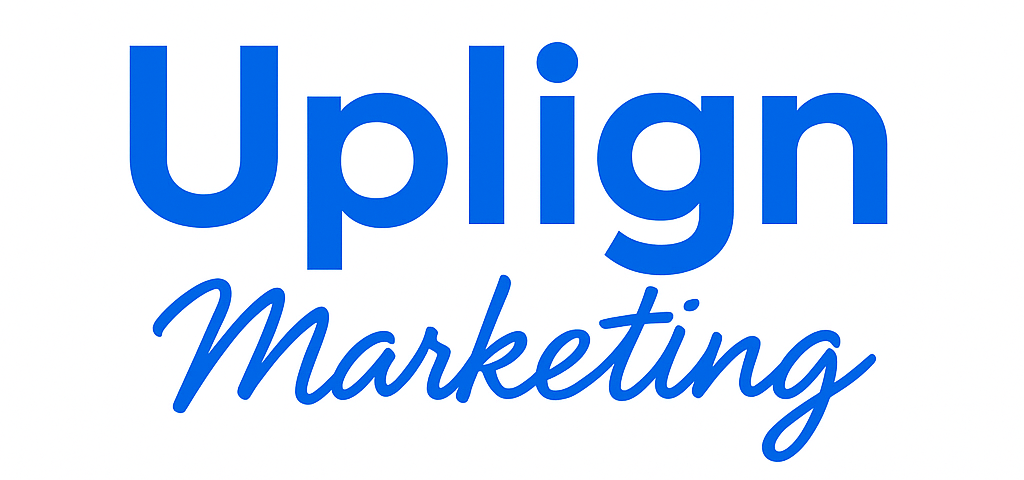How Your Google Reviews Impact Your AI Visibility
In today's AI-driven search landscape, online reviews do more than just influence human customers – they also shape how AI assistants and search engines rank your business. Generative tools like ChatGPT, Google's Search Generative Experience (SGE), and Bing Chat often recommend "highly rated" or "top-reviewed" businesses when users ask for local services. These AIs pull in structured review data (average rating, number of reviews, even keywords in comments) from platforms like Google, Yelp, and Facebook. In fact, one analysis warns that if your competitor has more online reviews (and stronger overall signals), they're more likely to be included in AI-powered recommendations. In short: Google reviews (and other platforms' feedback) are now key signals for both traditional local search rankings and the new generation of AI-driven results.
Review Signals: Quantity, Sentiment, Freshness, and Frequency
Search and AI algorithms treat reviews as trust and relevance signals. Key review factors include:
- Quantity of Reviews: The more positive reviews you have, the better. Studies show that businesses in Google's Local Pack often have dozens of reviews – one BrightLocal survey found top-3 local results averaged ~47 Google reviews each. Users also trust businesses with many reviews. In practice, aim to match or exceed the local norm.
- Sentiment and Rating: Star rating and positive tone matter. Google pays attention to your average rating and analyzes review text beyond just stars. Detailed, positive reviews (mentioning services or staff by name) help your perceived quality.
- Recency (Freshness): Newer reviews count more. Google explicitly rewards profiles with recent feedback; getting a fresh review can give your rankings an immediate lift. In contrast, stale 1- or 2-year-old reviews have less impact both on search engines and human trust.
- Frequency (Consistency): A steady trickle of reviews is better than sporadic bursts. Google's spam filters can penalize unnatural spikes. Aim for a few new reviews each month to show ongoing engagement.
- Review Content: Keywords in reviews can boost relevance. Encouraging reviewers to mention specific services or locations can help Google associate those keywords with your profile.
- Engagement (Responses): How you handle reviews also affects perception. Google's algorithms and customers notice whether you reply. Timely, helpful responses show you value customers and improve your online prominence.
Key Review Platforms
Your Google Business Profile (GBP) is by far the most important review platform for local search. Google prominently displays your star rating and total reviews in Maps and the local pack.
Other general-purpose platforms also matter. Yelp is widely used for local services. Facebook Business Pages can collect reviews and recommendations too. AI tools pull sentiment from "review platforms like Google, Yelp, and Facebook" when making local recommendations.
For healthcare and wellness (dentists, chiropractors, medspas), sites like Healthgrades and Zocdoc are top destinations. These platforms include patient feedback and help SEO. Other examples: Vitals.com, Doctor.com, WebMD, and U.S. News Doctor Finder.
Freshness Matters: Recent Reviews Beat Old Ones
Recent reviews carry more weight. Google's algorithm favors businesses with up-to-date feedback. A single new review can give you a quick rank bump. Old reviews (over a year old) have less impact.
Avoid "booms and busts." Sudden review spikes can appear suspicious. Instead, maintain a steady pace of a few new reviews each month.
How Many Reviews Are "Enough"?
There's no magic number; it depends on your market. However, research suggests that top-ranked local businesses tend to have dozens of reviews. BrightLocal found that businesses in the #1–3 positions averaged about 47 Google reviews.
Aim to match or exceed your competitors. Quality matters too – a few detailed, positive reviews can outweigh many vague ones.
Generating More Reviews: Creative and Traditional Tactics
To improve your review profile, try a mix of these strategies:
- Ask for feedback proactively.
- Make it easy with direct links or QR codes.
- Use visuals and social media to share positive reviews.
- Incentivize carefully with ethical thank-you gifts or drawings.
- Set up review stations in your lobby or office.
- Leverage review platforms and tools like Podium or BirdEye.
- Run targeted ads or email campaigns.
- Monitor and respond to every review.
Tailor these to your industry and track what works.
Audit Your Visibility: Google, People, and AI
Reviews are just one piece of your online presence. Uplign Marketing offers a comprehensive digital marketing audit to assess how you're seen by Google, customers, and AI tools. Our audits uncover weaknesses and opportunities in your digital footprint—so you can improve your reputation, visibility, and conversion rates.
> Want to know how Google, humans, and AI see your business? [Request a digital marketing audit from Uplign Marketing](#) and get the insights you need to grow. \`\`\`
Now let me also update the blog utility to better handle date parsing and ensure proper fallbacks:
About the Author
Uplign Marketing Team - Digital marketing experts specializing in healthcare and wellness providers
